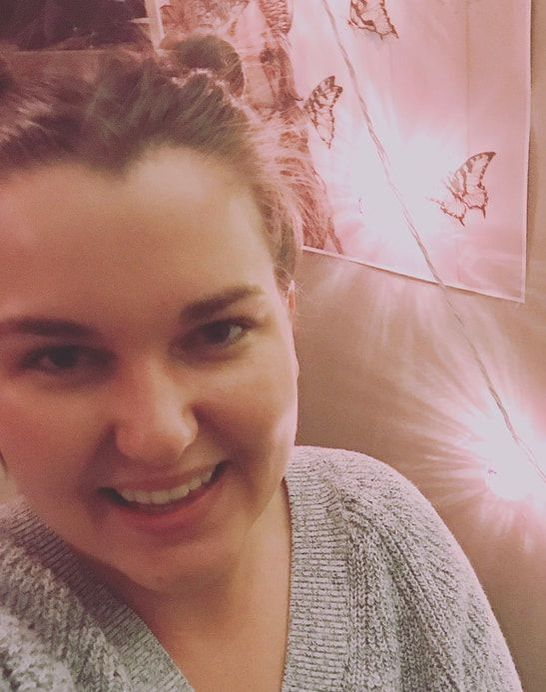At the beginning of the semester, I was switched off of an antidepressant that I had been on for two years. I had been attempting every positive coping skill out there—keeping busy, exercising, reaching out, spending time with loved ones, journaling, going to therapy, you name it—and yet I was still stuck in a rut. The inside of my head constantly felt like static, and honestly, there are bits and pieces of last semester that I’ve lost memory of. That scared me—the last time I had blackout patches like that, I was not yet medicated.
That was my wake-up call: the medication I had been taking it just was not cutting it anymore. So, with the help of my doctor and my counselor, I was switched onto a new antidepressant that was also intended to help with my diagnosis of obsessive-compulsive disorder. Of course, the timing of the switch was not the best, but we had been on vacation during the holidays and appointments were difficult to squeeze in. I had been through the process of altering medications before, and it is not pretty.
And yet, no one talks about it. It isn’t as applicable to a majority students as discussions about self-care or counseling. Medication tends to be viewed as a last resort and not something to encourage as much as counseling and simpler coping mechanisms (and rightfully so; I say that as a psychology major). Medication must also be suggested by a professional, not a resident assistant or poster on a door. That said, dealing with the downfalls of medication is an issue that I myself have struggled with a handful of times, and I know that there are other students who have had similar experiences. It impacts you and your ability to perform, which in turn causes stress on top of whatever side effects you’re already experiencing. It can send your mental health plummeting if it isn’t the correct dosage, it can make you physically ill, it can seriously mess with your sleep schedule. It’s a solution to a problem that often will create more problems before balancing out.
I suppose that’s the purpose of this article, to dole out the nitty-gritty on medicating when coping skills are not enough to combat your brain being cruel.
With a year of being a student at Ball State under my belt, this year I am significantly less nervous about contacting professors and letting them know when I have difficulties. When I reached out to them, I let them know that I honestly had no idea how the change would affect me or if any additional adjustments would be needed. I figured a heads-up would be prudent, in case there were negative effects that inhibited my ability to come to class.
I received nothing but support. It was a wise move; I experienced bouts of fatigue and nausea from switching off of my previous medication, which is notorious for its physical withdrawal, and my depression came back with a vengeance before another dosage adjustment. My sleep schedule took a hit, as well - some nights, I couldn’t manage to fall asleep until 6:30 a.m., so I slept through more classes than I’d like to admit. Even with understanding professors, my grades can certainly speak to my mental state during that three-week adjustment period.
Medication gives me the energy to partake in healthy coping mechanisms; it doesn’t eliminate my illnesses. Altering what you put into your body is quite literally rewiring your brain and changing the chemistry, and often, it gets worse before it gets better. It is similar with counseling—often, the changes in thought processes and self-disclosure are emotionally draining and sometimes upsetting. But a lack of discussion surrounding the costs of therapy does not in any way equal a lack of support.
It was odd, in a way—my friends and my professors almost switched roles. My friends were the ones holding me accountable for my actions and tendencies, calling me out when I would start retreating, while my professors offered their support and flexibility. Even though adjustment and coping are largely individual processes, I was not alone.
That’s the takeaway of all of this. Medication can mess with you. A lot. But it doesn’t make you weak or unmotivated; it only means that your brain needs help carrying out certain functions. If you are struggling with finding the right medication or wondering why you aren’t feeling better even after trying everything out there, you are not alone. Every problem has a solution. It’s only a matter of finding the right one.











 RSS Feed
RSS Feed
